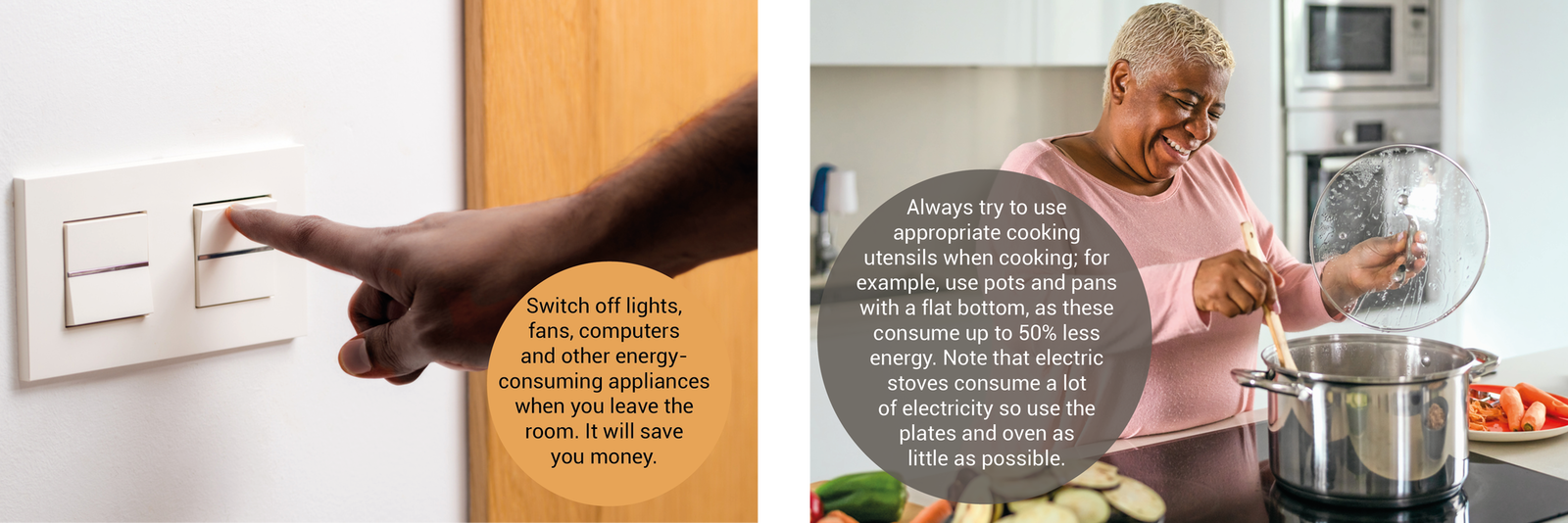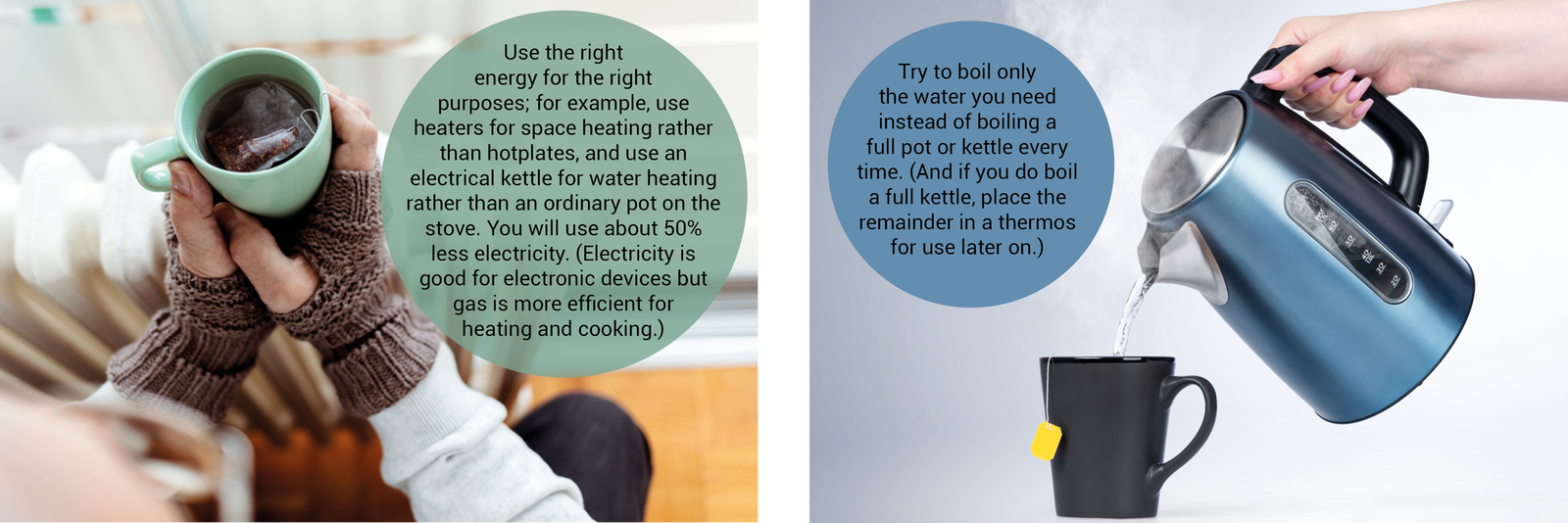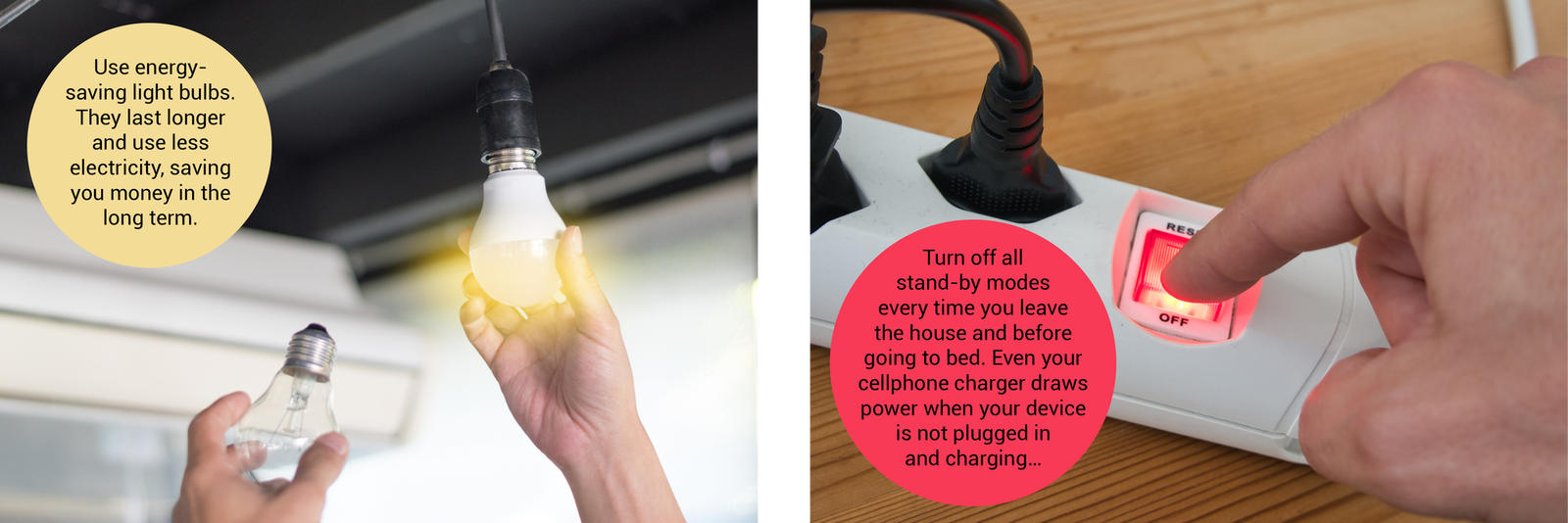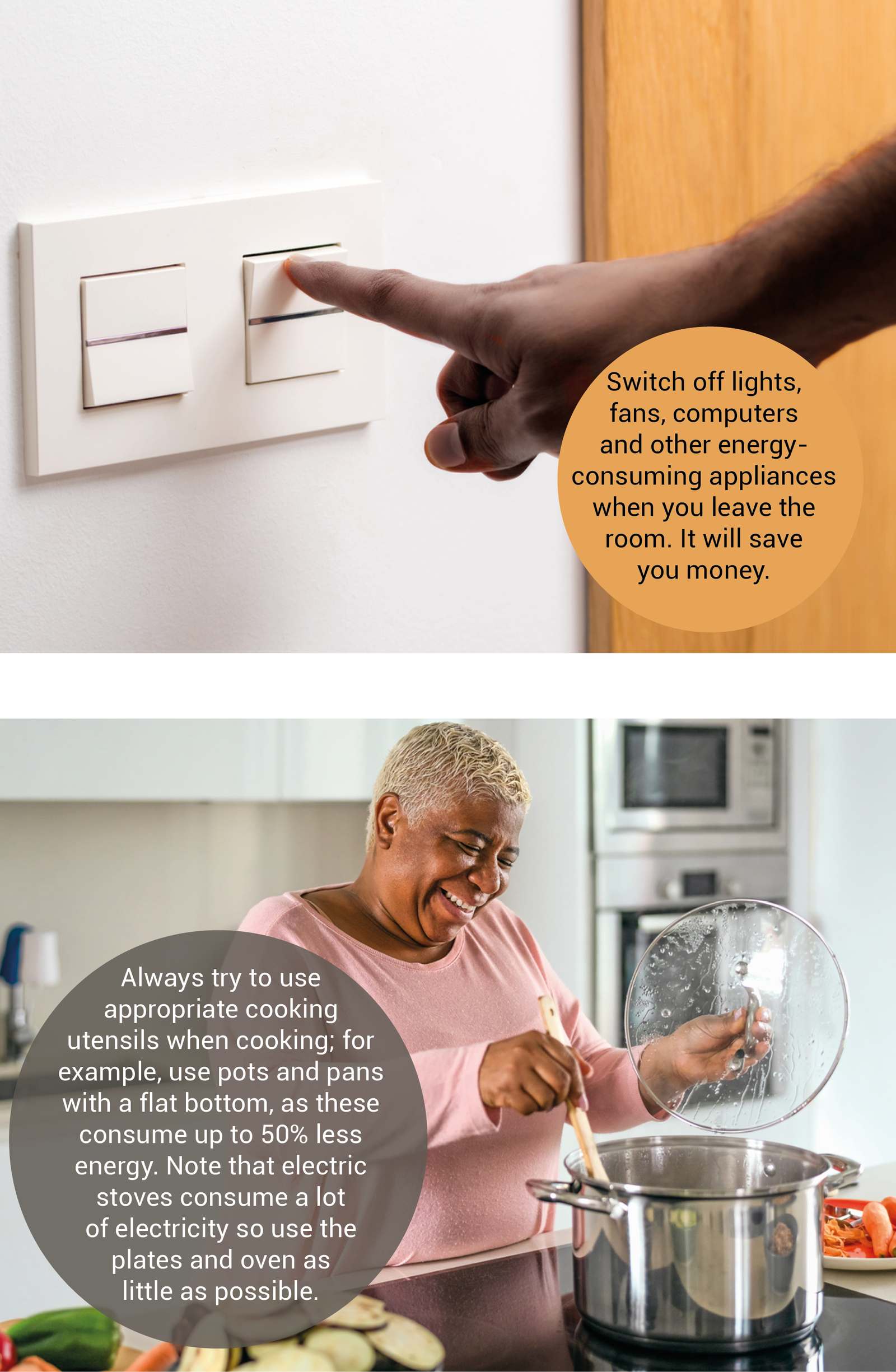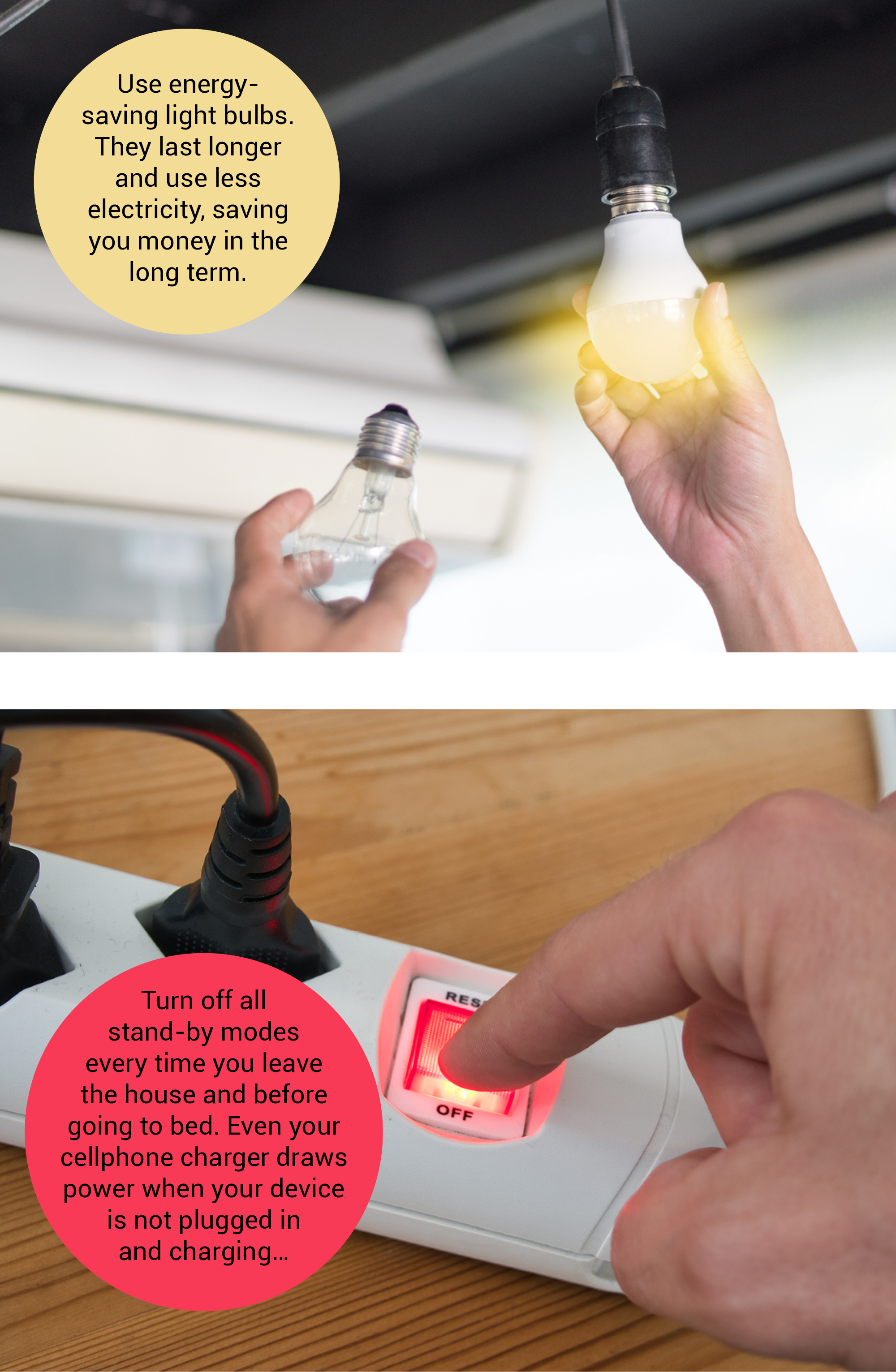CHEERS | responsibility

The multiplier effect

The quote: “Be the change you wish to see in the world,” is credited to Mahatma Gandhi. Small adjustments can be felt when enough people do them. It just takes a spark…
Electricity supply in South Africa remains a challenge. It’s made international news broadcasts but the local and foreign pundits were left scratching their heads when the country’s lights stayed on longer and load shedding was less dreadful than expected in June.
With June seen as the official start of winter, the expectation was that demand for electricity would be higher as the populace switched on the heating to keep warm. Quite the opposite happened!
To the delight of all, there has been less load shedding than in the preceding months. Reasons given for this by the electricity minister Kgosientsho Ramokgopa at a media briefing included that planned maintenance to power stations was paused, accounting for up to four stages of load shedding. The euphemistically termed “unplanned outages” – breakdowns to the layman – were reduced and it was thought that the higher cost or tariff for electricity charged to business or industry during winter was a deterrent.
Furthermore, Mr. Ramokgopa said that renewable energy – wind-generated
power specifically – had added an extra nearly 2 000MW to the the national grid, courtesy of stormy winter weather on the southern Cape coast sending the turbines spinning.
The final and most compelling reason was simply that there was less demand for electricity than Eskom thought there would be. Where the power utility had expected customers to need between 35 000 and
37 000MW daily, the demand was only around 32 000MW. Why? Because more people and businesses have switched to solar.
It was reported that in the first quarter of 2023, solar panels to the value of R3,6 billion were imported. Compare that with the total of R5.6 billion for the whole year in 2022 – along with Lithium-ion battery importation to the tune of R12 billion the same year – and it’s obvious to see that insulating households and businesses from interruptions to power supply has become vitally important.
But what can you do to place less strain on the grid? A list of handy tips has been supplied by government and these include the following:


